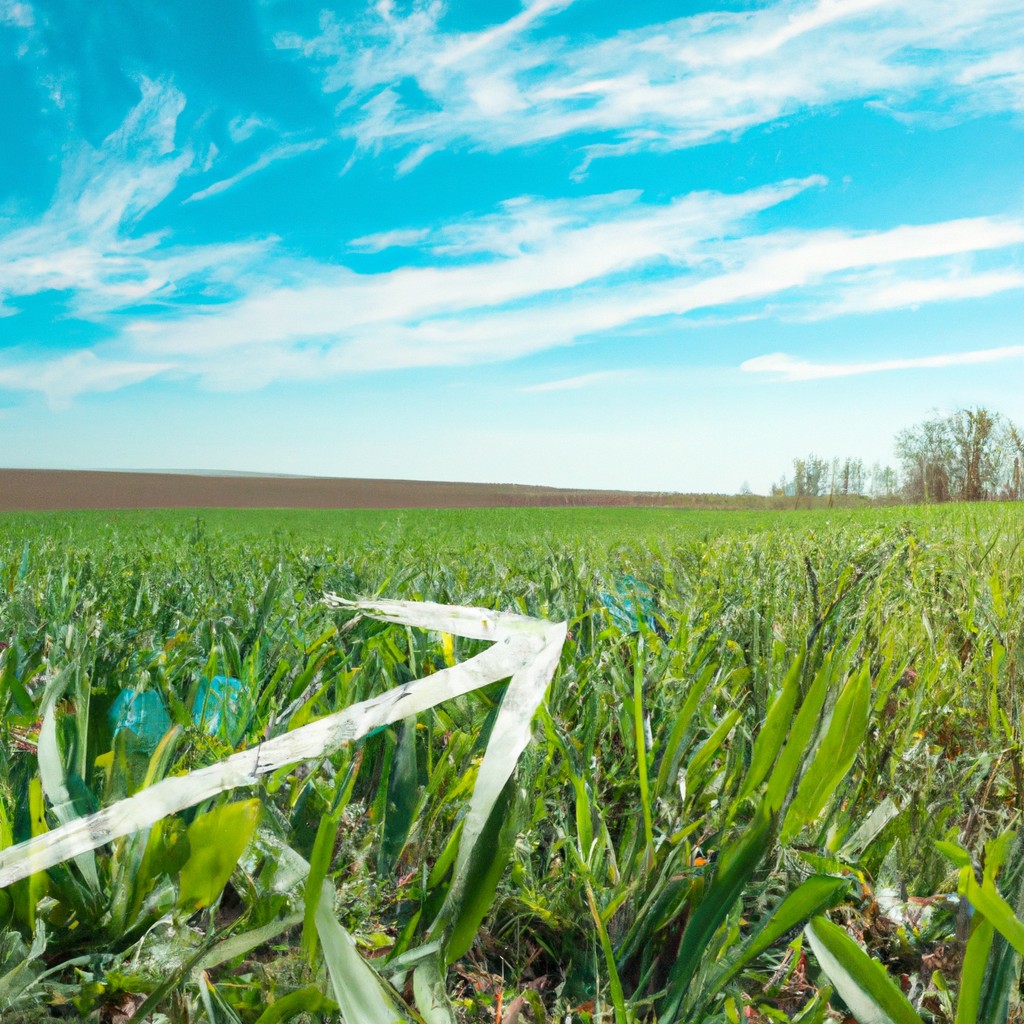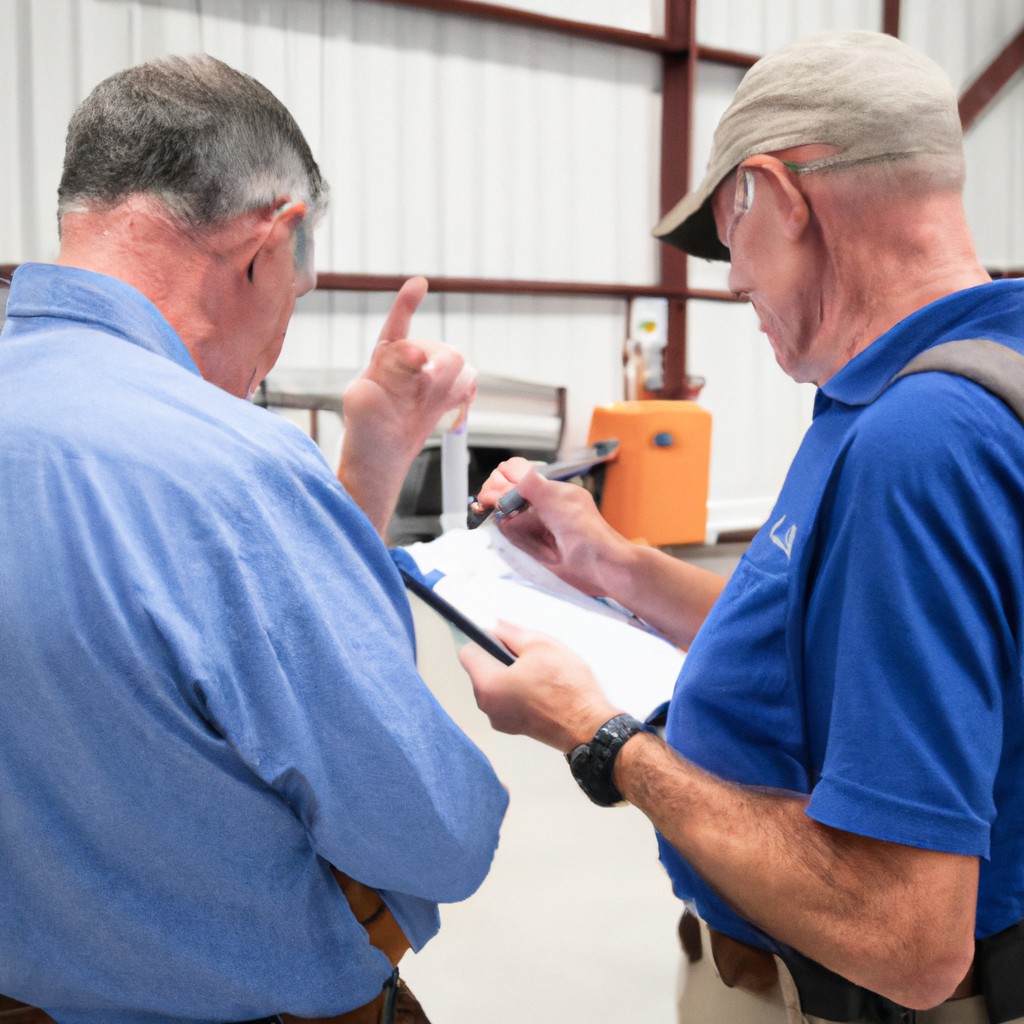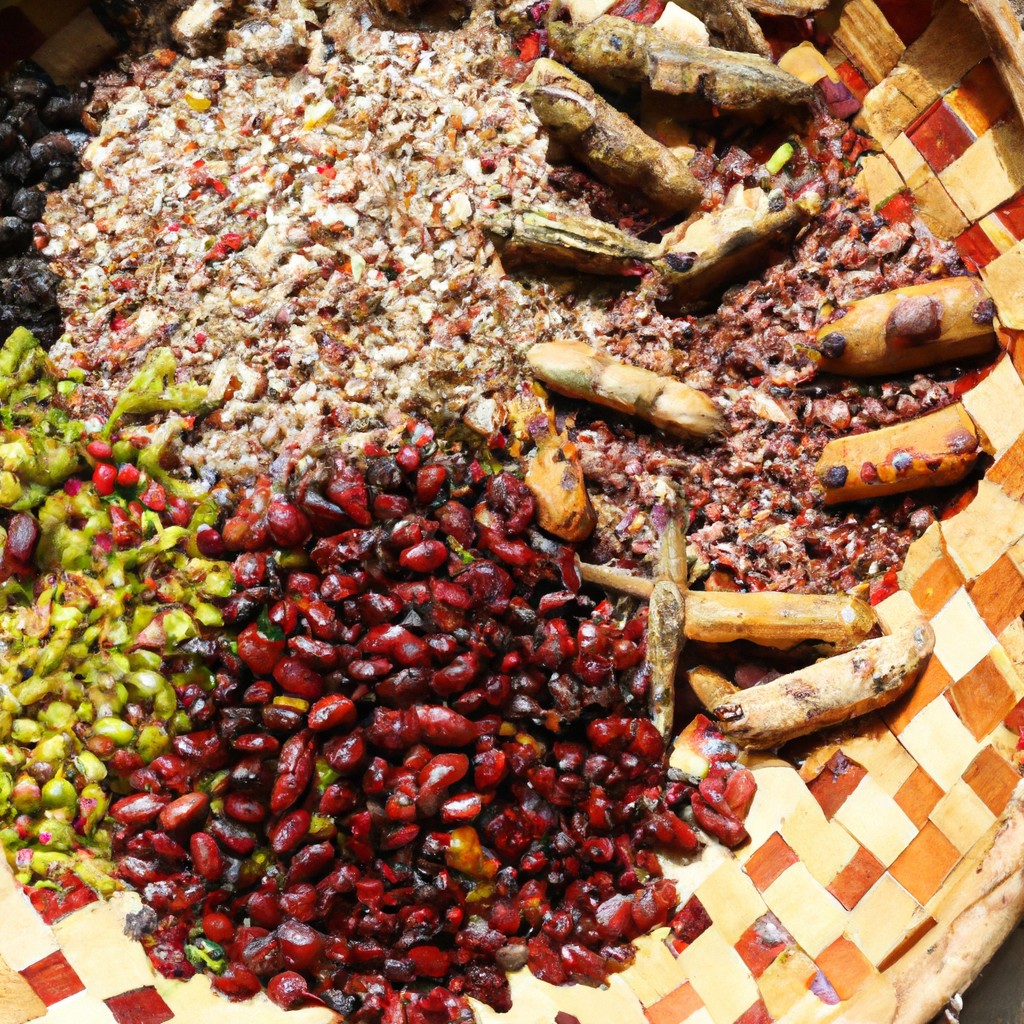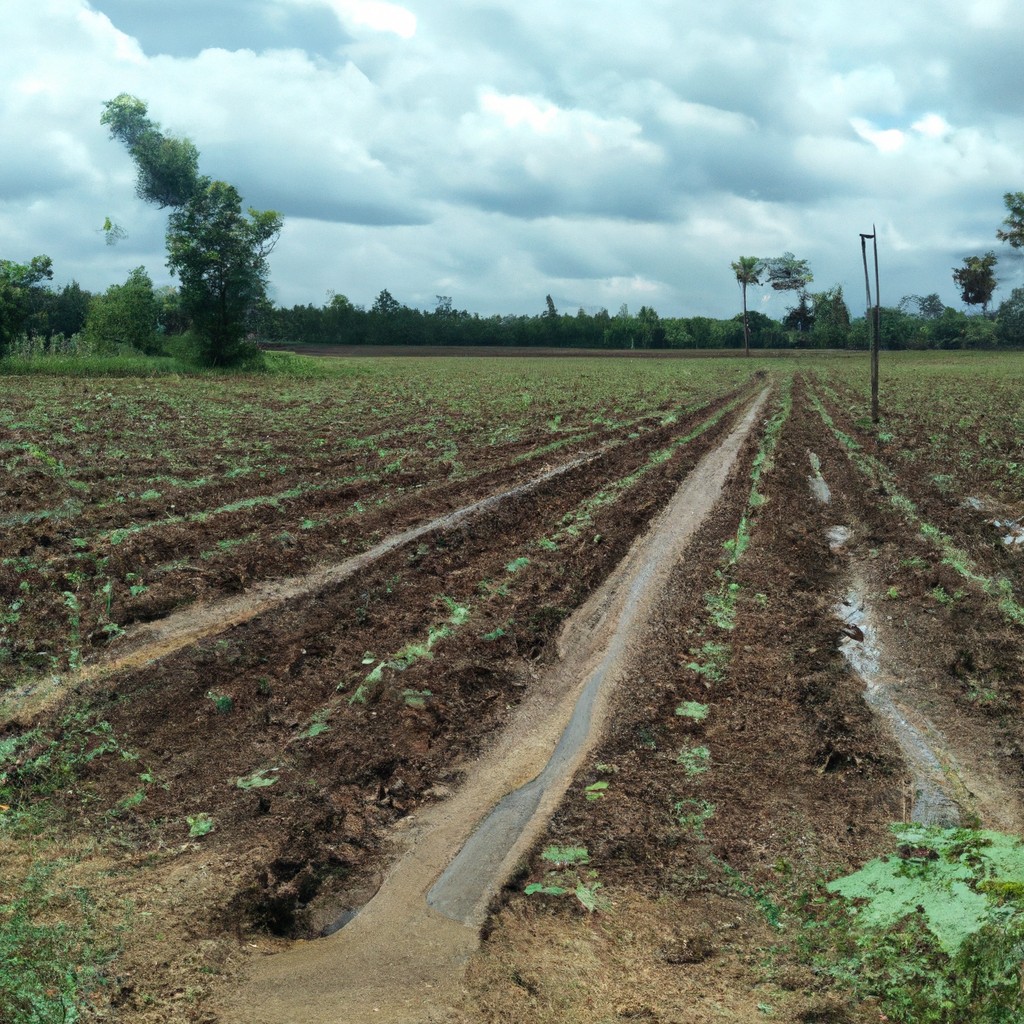Discover a world of opportunities and potential career paths you can pursue with an agriculture degree, from farming to research and beyond.
Look Inside:
Job Options in Agriculture

The world of agriculture is as diverse as a three-bean salad at a summer picnic. Whether you’re down for getting your hands dirty or prefer dissecting spreadsheets, there’s a fit for everyone.
Ever considered being a crop whisperer? Agronomists revel in the science of soil and plants, optimizing that golden trio: quantity, quality, and sustainability. Passionate about animals? Animal nutritionists or livestock managers might be your calling, helping to ensure cows aren’t just chewing the cud but thriving.
For those with a techy edge, precision agriculture specialists harness technology to improve efficiency. Drones, GPS, and big data—they make farming sound like a sci-fi movie. Love the scrum of a busy market? Agricultural sales representatives connect people, products, and profits, turning green thumbs into green wallets.
Environmental conservationists, farm managers, and agricultural educators all have a role in nurturing our planet’s resources while feeding the world. So, with an agricultural degree, the world—or at least the fields—are your oyster.
Skills to Highlight On Your CV
Farming degree in hand, you’re armed with a treasure trove of skills. You’ve got the basics covered in plant biology and soil health. But the true secret weapon? Problem-solving! You’re the Sherlock Holmes of soil erosion. Analytical skills are your bread and butter, turning data into next season’s bumper crop. Communication is key; whether you’re explaining crop rotation to a layman or drafting an email that won’t put the reader to sleep faster than a tranquilizer dart. Your project management skills keep chaos at bay, wrangling unruly harvest schedules like a rodeo cowboy. Tech-savvy? Oh yes, drones and GPS technology keep you one step ahead. Sustainability’s your middle name, making Mother Nature look at you with pride. These are your badges of honor—wear them proudly on your CV.
Typical Employers for Agriculture Graduates
Ready to dive into the vast sea of potential employers? The agricultural field might just have more variety than a farmer’s market on a sunny Saturday. Think beyond the barn. Large agribusinesses are a prime spot for agriculture grads, offering roles from research to operations.
Government bodies and environmental organizations are another option. They always need folks who speak the language of sustainability and environmental impact. Got a flair for the artsy side of agriculture? Agritourism companies love creative minds to craft memorable experiences.
Universities and research institutions seek bright minds eager to push the boundaries of agricultural science. It’s like being on the cutting edge of a hoe. Plant yourself in one of these roles, and you’ll grow alongside the innovation.
Finally, don’t discount the tech sector. With farming tech advancing faster than a corn stalk reaching for the sun, there’s appetite for agriculture graduates to bring their expertise to agricultural technology and data analytics. And there you have it—employers who make Mother Nature proud.
Opportunities for Further Study
Jumping into further study post-agriculture degree? You’ve got options that will make you as sharp as a scythe!
Consider pursuing a master’s degree in sustainable agriculture or plant science. This path could cultivate you into a master grower or lead you to groundbreaking research.
If you’re all about keeping the cows happy and the crops thriving, delve into animal science or crop management programs. Pinstripe suits not required for these cutting-edge careers.
Interested in unruly ecosystems? Explore environmental science or agroecology. You could save the planet one compost pile at a time!
Those with a green thumb for innovation might dabble in agricultural technology. Cutting-edge tech, like drones that monitor crop health, is the future of farming—and you’ll be right there, wrangling those digitized landscapes.
There you have it, a smorgasbord of academic ventures that keep you smack dab in the fascinating world of agriculture.
Real-world Work Experience Benefits
Diving into hands-on experiences is like getting your boots dirty in a tomato patch—it’s where the real learning happens. First, it allows you to apply complex theories from textbooks to actual crops and animals, bridging the gap between academia and reality.
Secondly, you get to develop problem-solving skills faster than you can say “eureka” when the irrigation system unexpectedly springs a leak. This kind of experience teaches adaptability and quick-thinking.
Networking isn’t just for city slickers. Internships and work placements get you rubbing elbows with industry experts, mentors, and possibly someone who knows how to perfectly crack a walnut every time. And let’s not ignore the confidence booster—you’ll be strutting like a rooster at sunrise once you’ve got a season of real farming under your belt.
Plus, bonus point: your resume gains extra clout when it doesn’t just list skills but demonstrates them through actual farm antics and successes. Now, that’s a win-win, or perhaps a win-win-win if you count the chicken that surprisingly survived last year’s henhouse escapade.




